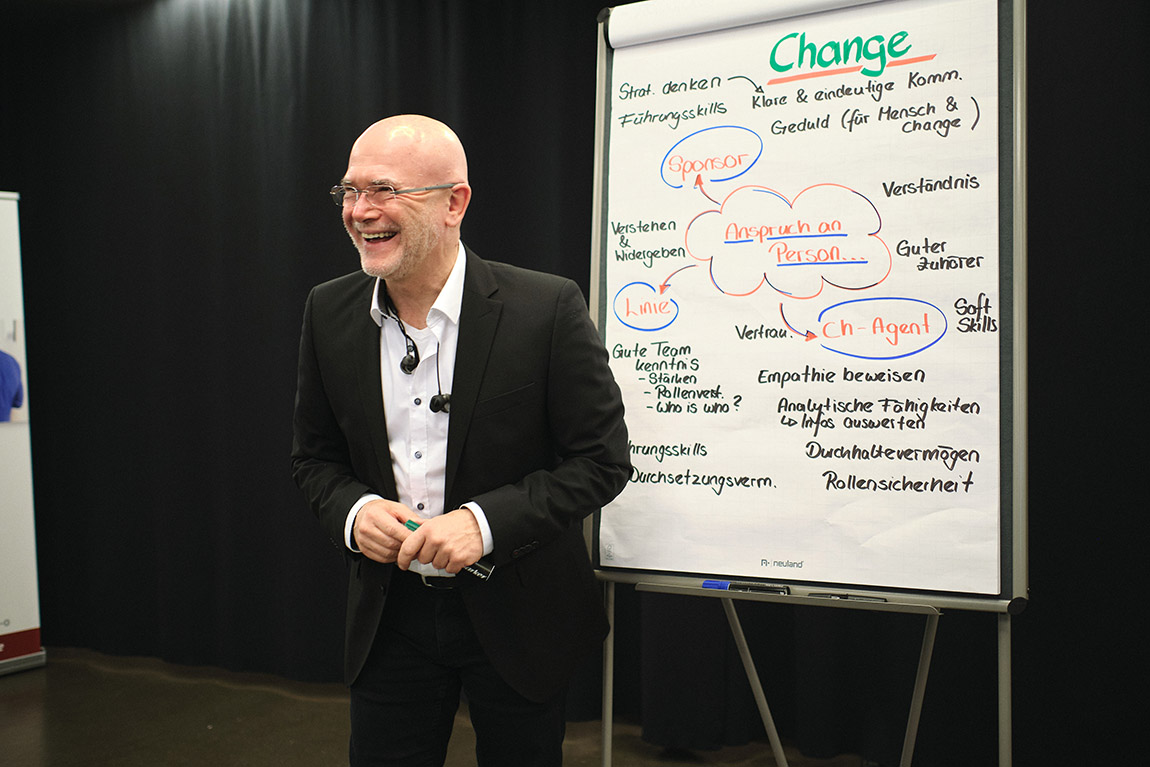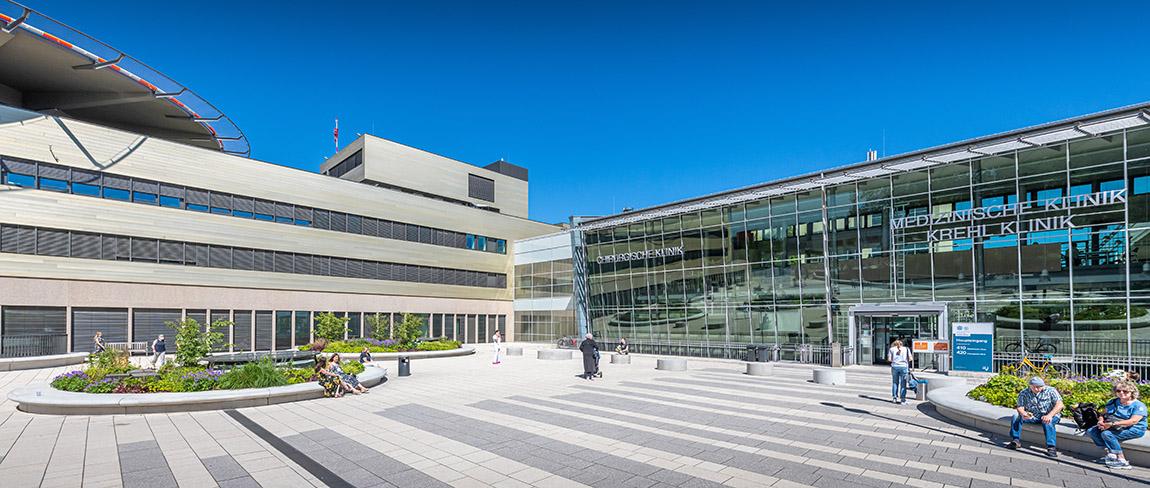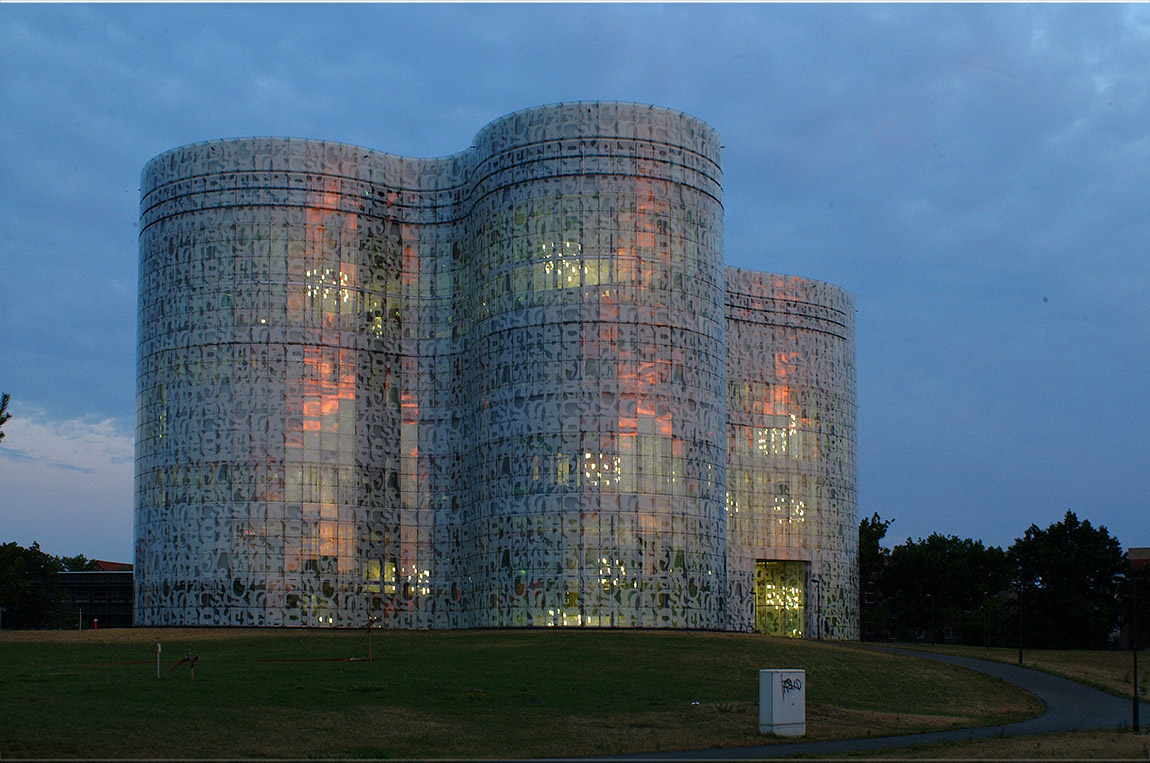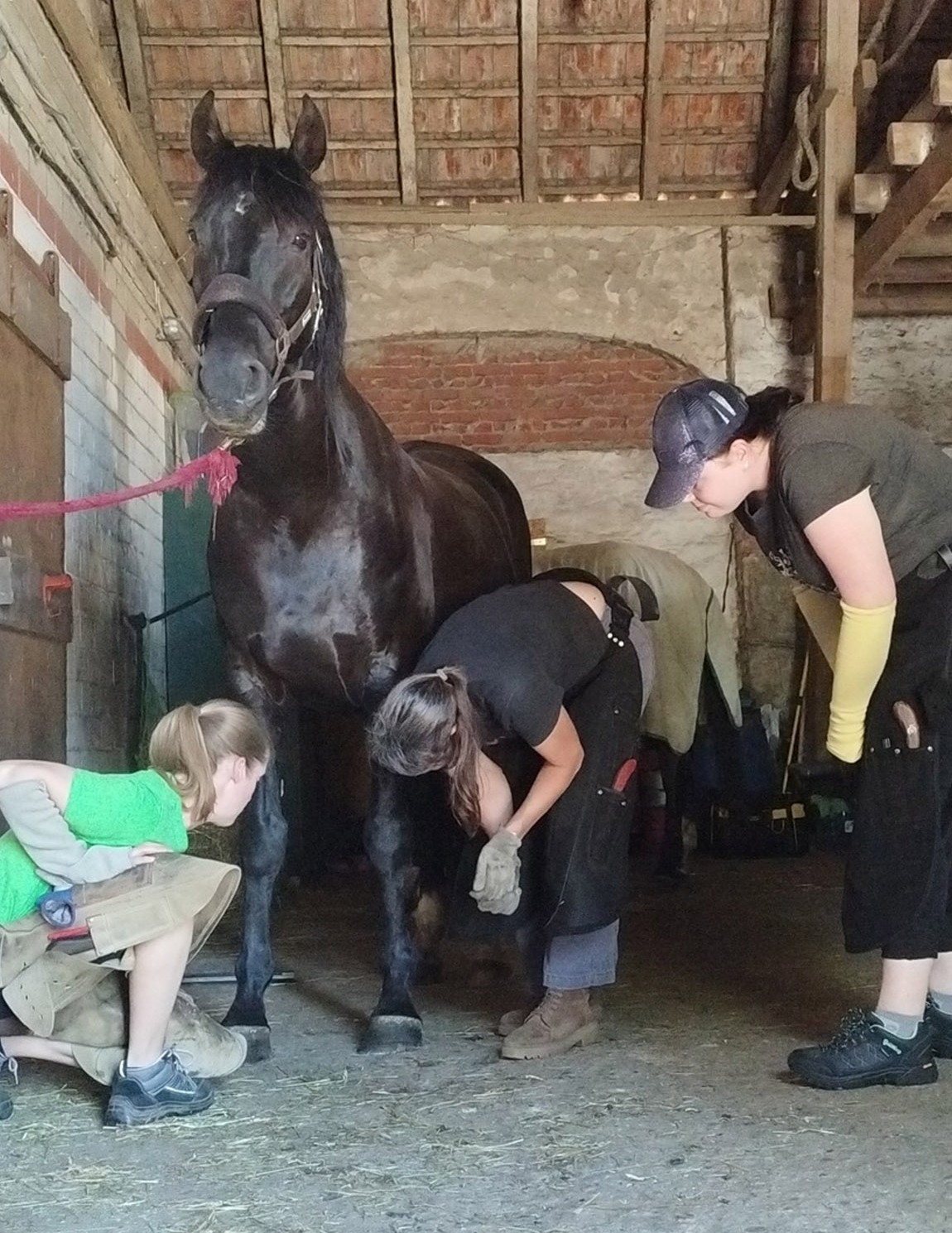Bard College Berlin
Text: Marilena Stracke | Photos © Daniel Kovás
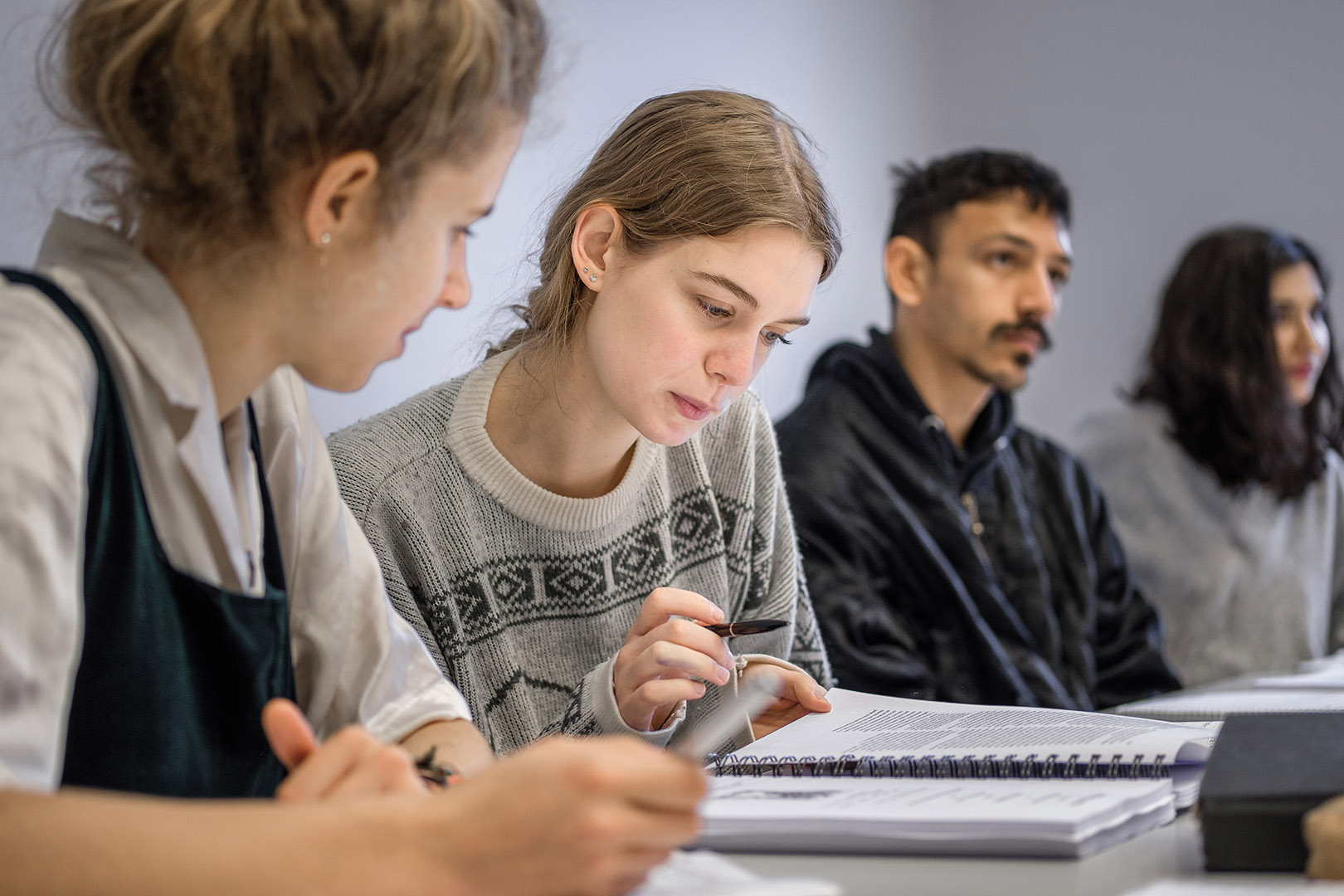
A private college for the public good
T he liberal arts institution Bard College Berlin brings students from all over the world to Germany’s buzzing capital and inspires them to not only explore their individual academic interests, but also to link higher education with civic engagement. Bard College Berlin is an academic community for tomorrow’s leaders, artists and critical thinkers.
Bard College Berlin offers US and German accredited undergraduate programmes within a small university community tucked away in a green area in north Berlin. Perfect to focus on studying whilst only being 30 minutes away from the centre of an important European metropolis.
The college is particularly exciting for students with a passion for civic engagement and those who want to explore the connections between disciplines such as politics and the arts. Here, students can specialise in economics, politics, art history, practising arts and literature, but outside of the specialisation the college offers courses in a broad range of subjects such as philosophy, creative writing, photography, migration studies or statistics with a coding component.
“All of these courses are open to students regardless of what their main academic focus is,” head of admissions Stephanie Hausotter explains. “For instance, an economics student can take a dance class or a politics student who may be interested in doing journalism in the future, can take photography classes and learn to use a dark room. The degrees are structured in such a way that students have electives built into their study as well as internship options.”
The college encourages civic engagement projects also, with university grants. The ‘Bard Berlin Goes Green’ initiative, for example, started with a student trying out economic principles she had learned in class. She put up signs around campus informing people of how much food, water and electricity was wasted on a monthly basis and then introduced ways to decrease consumption. Today the ‘BCB Goes Green’ club improves the environmental impact on campus.
Curiosity and open-mindedness are nurtured further by the extremely multicultural atmosphere. “Our 270 students come from 60 different countries. In a typical class you’ll be sitting with ten or 11 students from maybe seven or eight different countries. That contributes to a level of discussion that I don’t think you will find in many places,” Hausotter adds.

Members of the Politics, Rhetoric, and Debate Society debate pop feminism
The college’s small size guarantees that students receive a lot of attention from the faculty whilst also being in an exciting major European city: “We offer a small community and at the same time access to everything that Berlin has to offer. If you’re taking an arts history course you probably won’t just look at slides of the works, but you’ll actually go to the Gemäldegalerie and study the original work. That’s something you can really only do here.”
Bard College Berlin approaches the application process differently than other German universities, as Hausotter points out: “We do look at grades, but we also request writing samples because we want to see how well a student can write, as that’s the main form of assessment in our programme. Because we are such a small place, we’re looking for active students who are going to contribute to campus life, precisely through civic engagement.”
During the first two years, students live on campus, where everyone genuinely knows each other. In the third year, students have the option to study abroad and many of them do so before returning to Berlin for their fourth and final year.
Afterwards roughly 50 per cent of alumni go to graduate schools such as Oxford, Cambridge, UC Berkley, NYU, University of Chicago, University of London or Sciences Po. The other 40 per cent start working – many of them in NGOs, government organisations or for private sector organisations. “For example, we had an Egyptian student who was a graduate of the humanities programme with a focus on ethics and politics. She did her exchange semester at the Bard Globalisation and International Affairs Programme in New York City and now she’s working as a reporter for the German news service Deutsche Welle in Berlin,” Hausotter says.
There are around 25 permanent faculty and roughly twice as many adjunct professors, as well as a number of practitioners, especially in the arts. The faculty is as international as the student body. Professors have done their PhDs, for example, at Harvard, Princeton, Columbia, MIT, Cambridge, as well as Heidelberg, to name but a few. Not only do they have the experience of studying and teaching at those prestigious institutions, but they also maintain close connections, which is important for students when they are applying for graduate school.
The college encourages applicants from all backgrounds and offers a range of scholarships and financial aid, which the majority of current students is receiving. Bard College Berlin is a welcoming place for curious minds who are passionate about shaping and changing our world.

Subscribe to Our Newsletter
Receive our monthly newsletter by email

